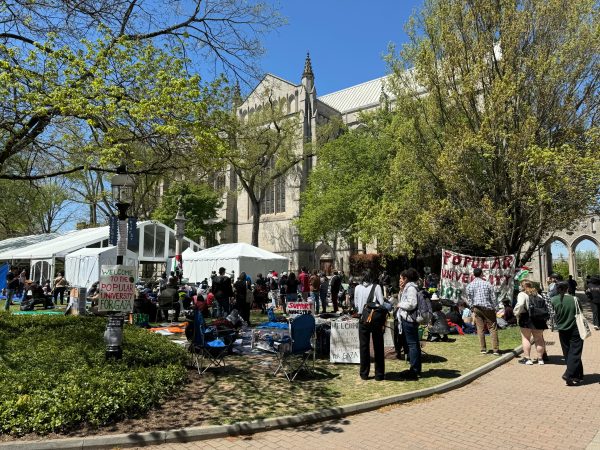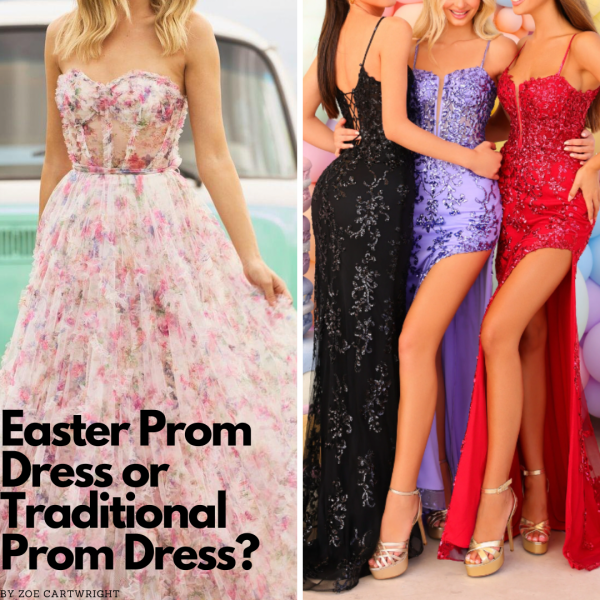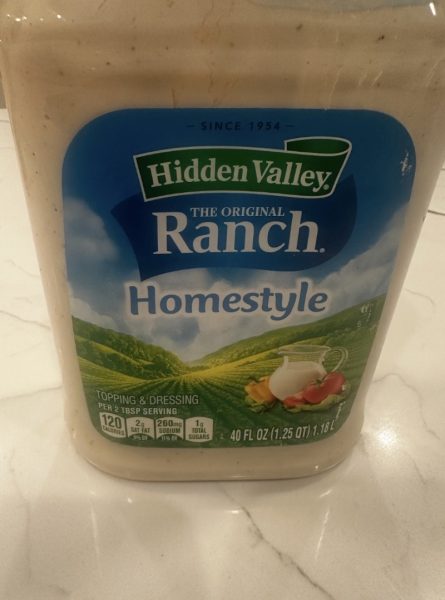No Cake and No Website Means Not Equal: The Fight for LGBTQIA+ Rights
Despite affirmative federal legislation, LGBTQIA+ equality may be in jeopardy pending a SCOTUS decision.
Last December brought a step forward but also potentially several steps back for LGBTQIA+ rights in this country. The good news is that the Respect for Marriage Act was passed and signed into law by President Biden, but there is bad news brewing if the U.S. Supreme Court acts as expected. The Latin School community is watching.
In early December 2022, SCOTUS heard 303 Creative LLC v. Elenis—a case brought to challenge the rights of same-sex couples. Based on last session’s majority opinions, SCOTUS will likely decide that the plaintiff, Colorado web designer Lorie Smith, won’t be obligated to offer services to gay couples seeking wedding websites. Further, the Respect for Marriage Act only requires states to recognize same-sex marriages from another state, but states can still decide if they don’t want to allow same-sex marriage. Thus, the new law provides some protection for same-sex couples but is not comprehensive.
No one knows for certain what the Court will do, but in light of how the Court behaved last session, they are likely to deliver a blow to equality. Many feel that the precedent set in Obergefell v. Hodges guaranteeing same sex couples the right to marry should be settled, but this Court’s majority is unabashedly all about judicial activism. If this Court didn’t honor a women’s right to choose as settled law after Roe’s 50-year precedent, this Court will likely not feel any qualms about ignoring Obergefell’s seven-year precedent.
When the Court overturned Roe, Congress read the tea leaves and paid attention to the risk of this Court’s activism, passing the Respect for Marriage Act, which is why President Biden signed it into law. However, that law doesn’t do anything more than require states to recognize out-of-state marriages—it doesn’t ensure the ability for same-sex couples to marry in any state, and it won’t ensure that Ms. Smith has to offer her web design services to same-sex couples just as she offers those services to heterosexual couples.
Smith doesn’t want to adhere to the Colorado Anti-Discrimination Act (CADA). “I guess I’m confused why they would want to make it hard for same-sex relationships to set up a website. Like, huh?” senior Cesca Campise asked.
“I think this kind of ruling to discriminate on the basis of sexual orientation would be completely backwards and wrong,” senior William Bremen said.
Smith is represented by lawyers who succeeded a few years ago in winning a 7-2 SCOTUS decision allowing a Colorado bakery to deny a wedding cake to a same-sex couple. That case, Masterpiece Cakeshop v. Colorado, was decided on a technicality and doesn’t create a precedent to avoid complying with CADA. According to Colorado’s Attorney General, CADA requires that if “you are serving the public, you have to serve everyone, regardless of sexual orientation, religion, race or gender.” This court will likely decide that Smith’s exercise of free speech allows her to refuse her services to same-sex couples because pursuant to her religion, she believes same-sex marriage is wrong.
History teacher Kristin Gulinski believes such refusal is discriminatory. “Denying anyone a service based on anything related to identity is a discriminatory practice,” Ms. Gulinski said. “Doctors, teachers, and nurses are expected to provide their services to all people, so allowing cake designers and website designers the ability to choose who they serve is not equitable and again discrimination.”
The League of Women Voters argued in an amicus brief supporting Colorado that exempting Ms. Smith from CADA “would undermine the structure of public accommodations laws, which are vital in protecting women [and] LGBTQIA+ people.”
It is worth noting that Ms. Smith brought this action prospectively. Nobody has even asked her to design a website yet for a same-sex couple. “It really bothers me that they are willing to take on a case that is involved with a hypothetical,” history teacher Debbie Linder said.
Smith’s hypothetical quest to not have to serve same-sex couples is hateful and bigoted, just as the Colorado bakery sought to discriminate. It is hateful to deny anyone a cake for any reason unless they are allergic to the ingredients. Cakes should be all about love and inclusion. The lawyers who brought the cake case got the result they wanted but not for the reasons they wanted. They got a small slice of cake but now they want to get a big hunk of cake.
“I stand in solidarity with the LGBT+ community and support their equal rights, including access to goods and services,” said Head of School Thomas Hagerman. “This decision could expand the definition of free speech in ways that would allow individuals and businesses to circumvent public accommodation laws, opening the door to even more exceptions based on a wide range of discriminatory beliefs.”
Justice Sonia Sotomayor recognized this case could relegate same-sex couples to a second-class marriage, that Smith’s refusal is like saying, “I want to give gay couples a limited menu, not a full menu, just the way the luncheonette said.” Justice Sotomayor warned that a finding for Smith, “would be the ‘first time in the court’s history’ that it allowed a commercial business open to the public to say it could ‘refuse to serve a customer based on race, sex, religion, or sexual orientation.’” If Sotomayor’s six colleagues don’t listen, then future generations will view 303 Creative with the shame we look at Plessy’s separate but equal.
“I hope even the six conservative justices can choose what is the just decision, not simply what closely aligns with their religions or experiences,” senior Madison Vanderbilt said.
Separate was not equal during Jim Crow. No cake and no website is no more equal today.

Matthew Kotcher ('23) is thrilled to continue to serve on The Forum as the Arts Editor and now as Director of Staff Recruitment and Development. Matthew,...

Cole Hanover ('23) is a senior at Latin and has written/illustrated for The Forum since 2021. He has always read The Forum throughout his high school...

















































